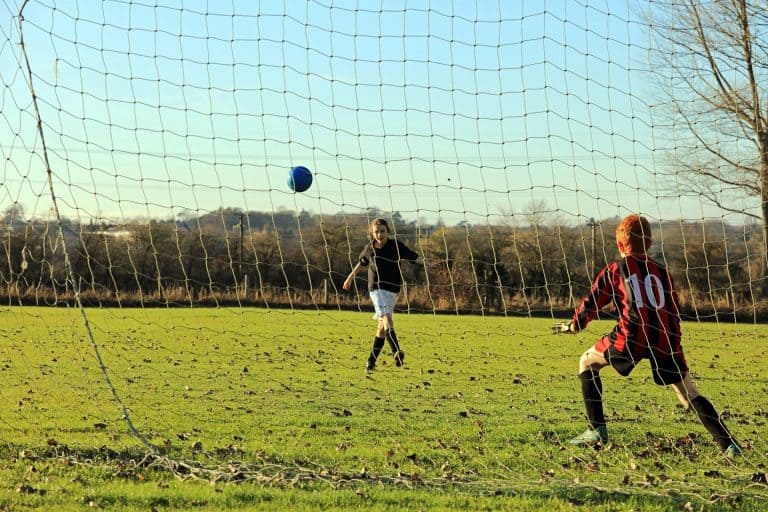
Parent Carers – getting the recognition and support they deserve
As this week has been Carers Week, I wanted to promote the aim of #MakeCaringVisible and help charities like Contact with their campaign calling on the Chancellor to offer a coronavirus payment to all unpaid carers.
As a solicitor in the Child Brain Injury department at Bolt Burdon Kemp I am very keen to raise awareness about the particular challenges being faced by parents caring for children with disabilities. I work closely with parents of children who have suffered brain injury as a result of clinical negligence or an accident which wasn’t their fault. Brain injuries can cause a range of life changing injuries from severe physical disabilities to behavioral and learning difficulties.
- There are around 1 million disabled children under the age of 16 in the UK which equates to one child in 20
- 72% of families with disabled children experience mental ill health such as anxiety, depression or breakdown due to isolation
Parent carers are often less likely to see themselves as a carer; they just see themselves as a parent. Of course it is a parent’s role and responsibility to love and care for their child and this is something which brings a huge amount of pleasure and satisfaction, but I have witnessed firsthand the exhaustion and overwhelm that parent carers experience due to the extent of the round-the-clock care required for a child suffering with a disability.
This week The Times reported the story of Beverly Cohen, who cares for her 13-year-old daughter Liura who is severely disabled with uncontrolled epilepsy, a chronic kidney condition and autism. She describes the increased pressures which have arisen due to the COVID-19 pandemic and describes how ‘it’s like being on the edge of the cliff and feeling you might fall over at any time”.
The BBC reported on Amy Johnson who cars for her son Jayden, eight, who has spastic quadriplegia cerebral palsy and complex care needs. Ms Johnson says “I think carers, in particular unpaid parent carers like me, are, I would say, completely invisible outside our own community,”
When a child suffers a serious brain injury, the devastating impact is felt by the whole family whose lives are changed forever. The practical and emotional struggles for families with a disabled child can often be deeply intertwined.
Tasks which were previously considered as ‘simple’ and ‘everyday’ can become challenging, time consuming and sometimes even painful experiences. Many children require care and supervision throughout the night as well as during the day so parent carers are left feeling exhausted with no respite. On top of that there is often a need to administer regular medication, attend ongoing medical appointments, not to mention the stress and anxiety that comes from the fear about a child’s day-to-day health and their future. The significant demands of caring mean that these parents are more at risk of financial and practical difficulties, such as housing problems, relationship breakdown and unemployment. Families may also experience associated stigma and discrimination, all of which can lead to a pile-up of demands that would test the personal resources of any individual.
Compensation for a child’s care in personal injury and clinical negligence claims
If a child has a claim for compensation for an injury they have suffered, the costs of their care will usually form part of their claim. The different types of compensation which can be awarded in a claim are explained by my colleague, Michael Doyle, in his blog about the’ damages’ behind the injury. Where a child has suffered a serious brain injury, claims for past and future care and assistance can often form the largest element of a claim.
Once we have established that a defendant is to blame for our client’s injuries, the first thing we do is secure a payment of some of our client’s compensation (known as an interim payment) to help meet our client’s needs and support their families. These funds can be used in the following ways:
- A gratuitous care payment
Even though the help provided by a parent is free, a financial sum can be recovered for the amount of care provided. The law recognises that when care is provided, someone is giving up their own time to help the injured person.
The additional care which has been provided ‘over and above’ the care that would have usually been provided by the parent can be claimed at an hourly rate similar to a rate which would be paid for professional carers providing the care. There will usually be a discount to reflect the tax, national insurance, travelling and other expenses that a commercial carer would have to pay, which friends and family do not. Any carers allowance already received will be deducted however gratuitous care payments are likely to be significantly higher than Carers Allowance payments.
- Professional care package
As well compensating a parent for the loving and self-sacrificing care provided, an often more practical use of the compensation is putting a comprehensive care and rehabilitation package in place.
After carrying out a detailed assessment, a specialised case manager will prepare a report setting out the various recommendations for the level of care and assistance required and an estimate of the cost. If these are supported by medical experts in the claim the package can be put into place.
The care package can include things such as full time or part time professional carers, equipment for daily living, home care, access to play schemes and respite care for parents. A good care package is set up not only in the best interests of the child but also to benefit the whole family and, in particular the parent carers.
It is vital that a child in this position is awarded sufficient funds to cover their future care and assistance costs, so that their compensation does not run out, either prior to their recovery or during their lifetime; and this is a huge relief for any parent.
How things can change
It is important that unpaid parent carers themselves recognise the level of work they are doing and that their role as carer for their child may be causing them additional practical, emotional or financial worries. Only then are they able to seek support. In my college, Josephine Clucas’, blog she talks about the importance of support groups for carers.
In addition we need the government to acknowledge the real day-to day pressures facing unpaid carers so that appropriate financial support and resources are provided. Carers save the economy around £132 billion per year, an average of £19,336 per carer and yet Carer’s Allowance, the main carer’s benefit, is £66.15 for a minimum of 35 hours; the lowest benefit of its kind. As it has now been announced that unpaid carers in Scotland who get Carer’s Allowance will receive a payment due to the extra pressure they’re facing as a result of the pandemic, there are increasing pressures on the Government to offer this level of support nationwide.
In the unfortunate event that a child may need care because of a personal injury or medical negligence claim it is vital that parents seek advice from a solicitor so that they can claim the care support that they require.
By supporting parent carers we can improve the lives of these families with disabled children and most importantly, allow parents to be parents again.
My final words are just to thank all the parent carers out there, for all their hard work and dedication. We do recognise you. Please reach out. And we will continue advocating for the increased levels of support and assistance that you deserve.










